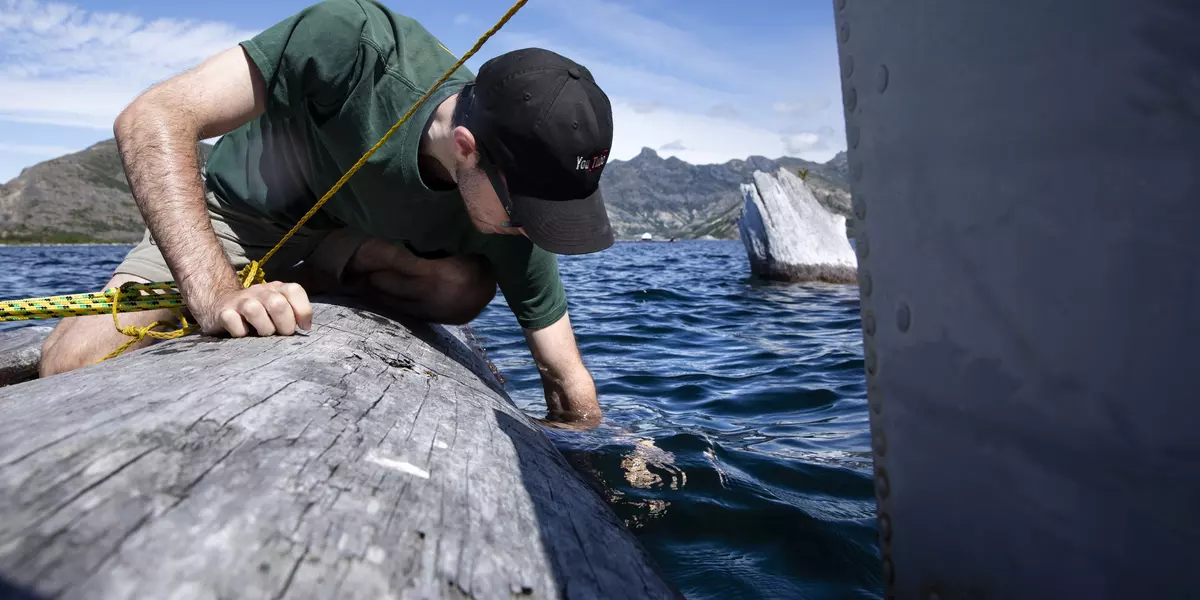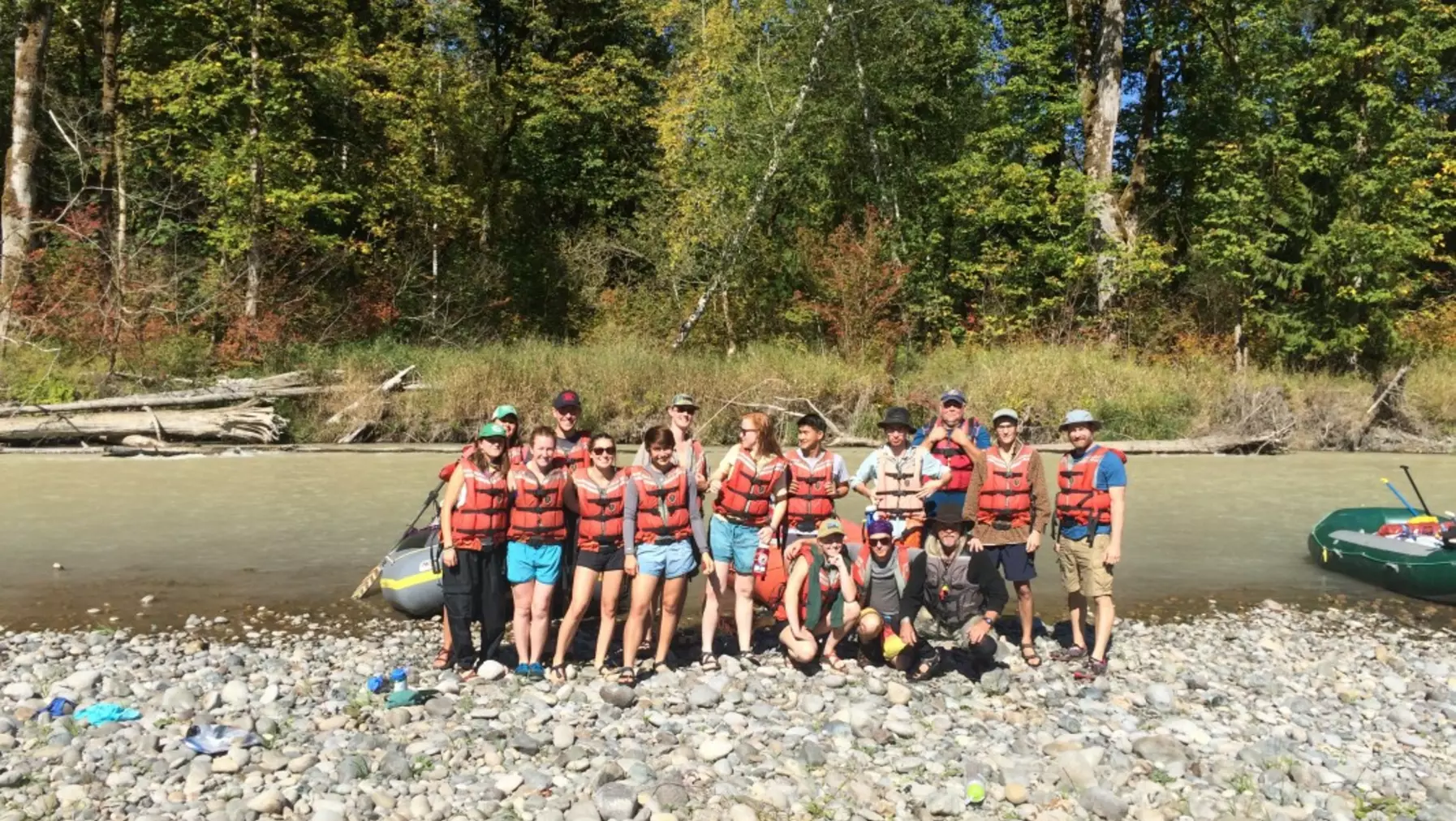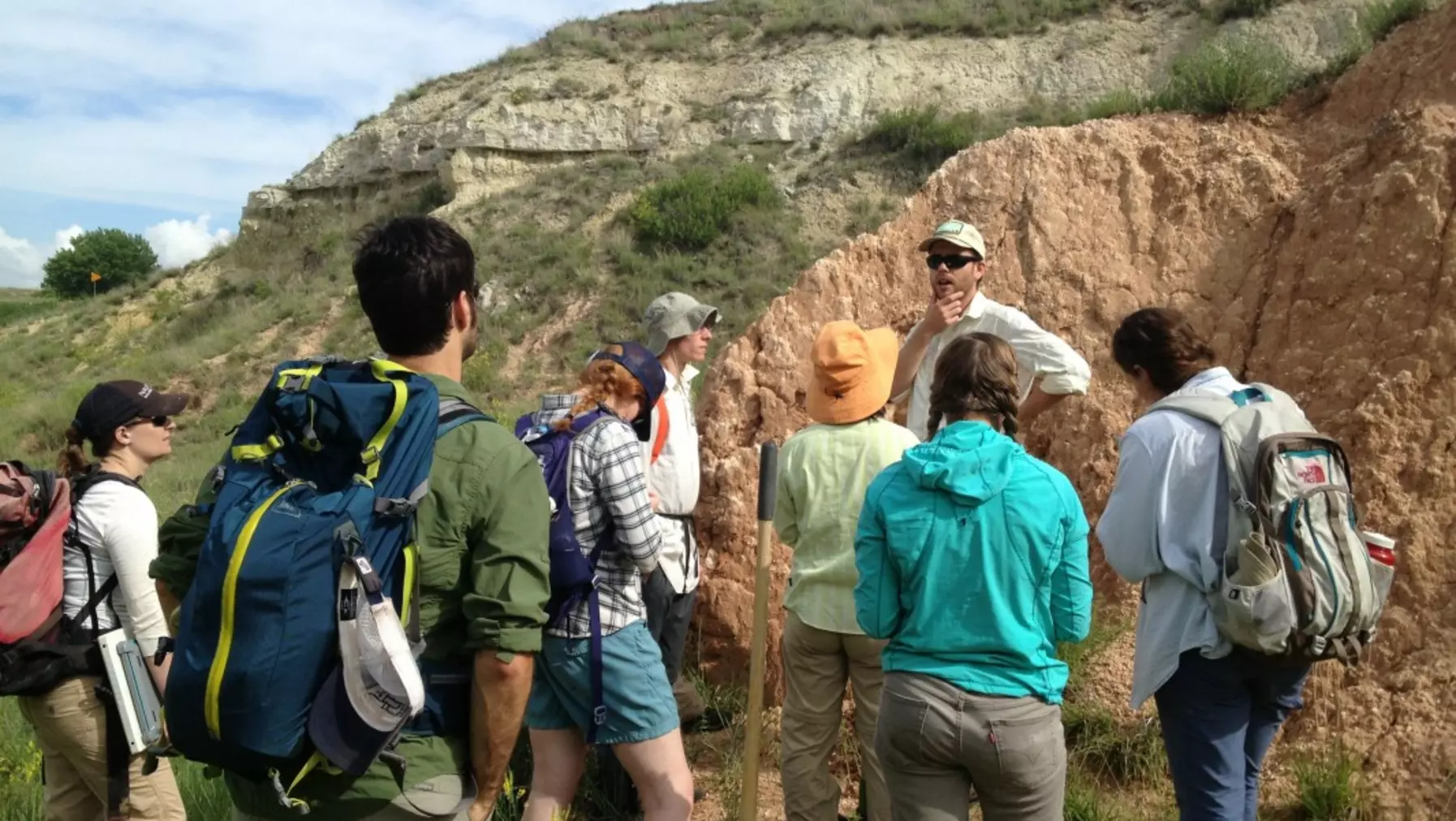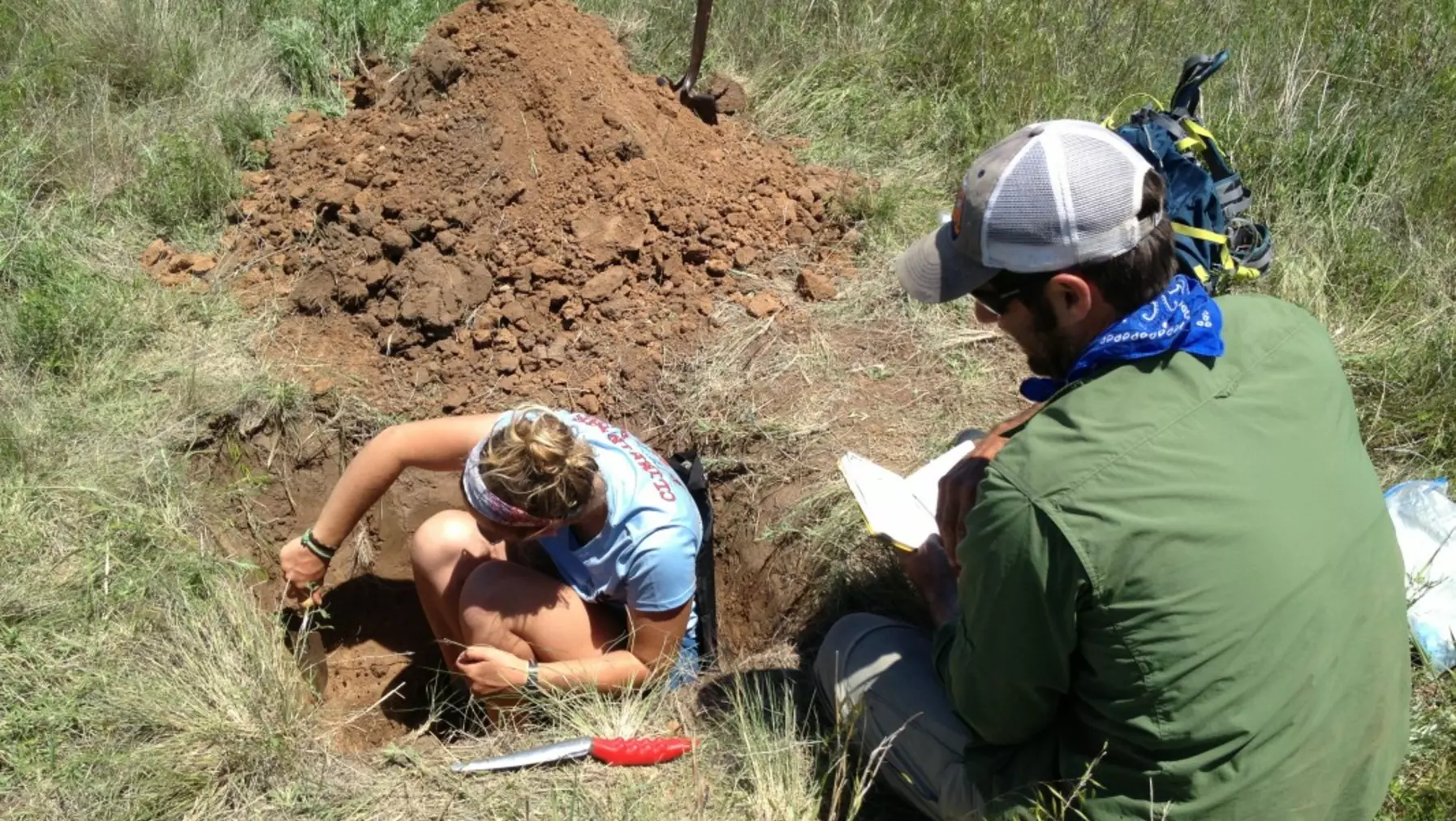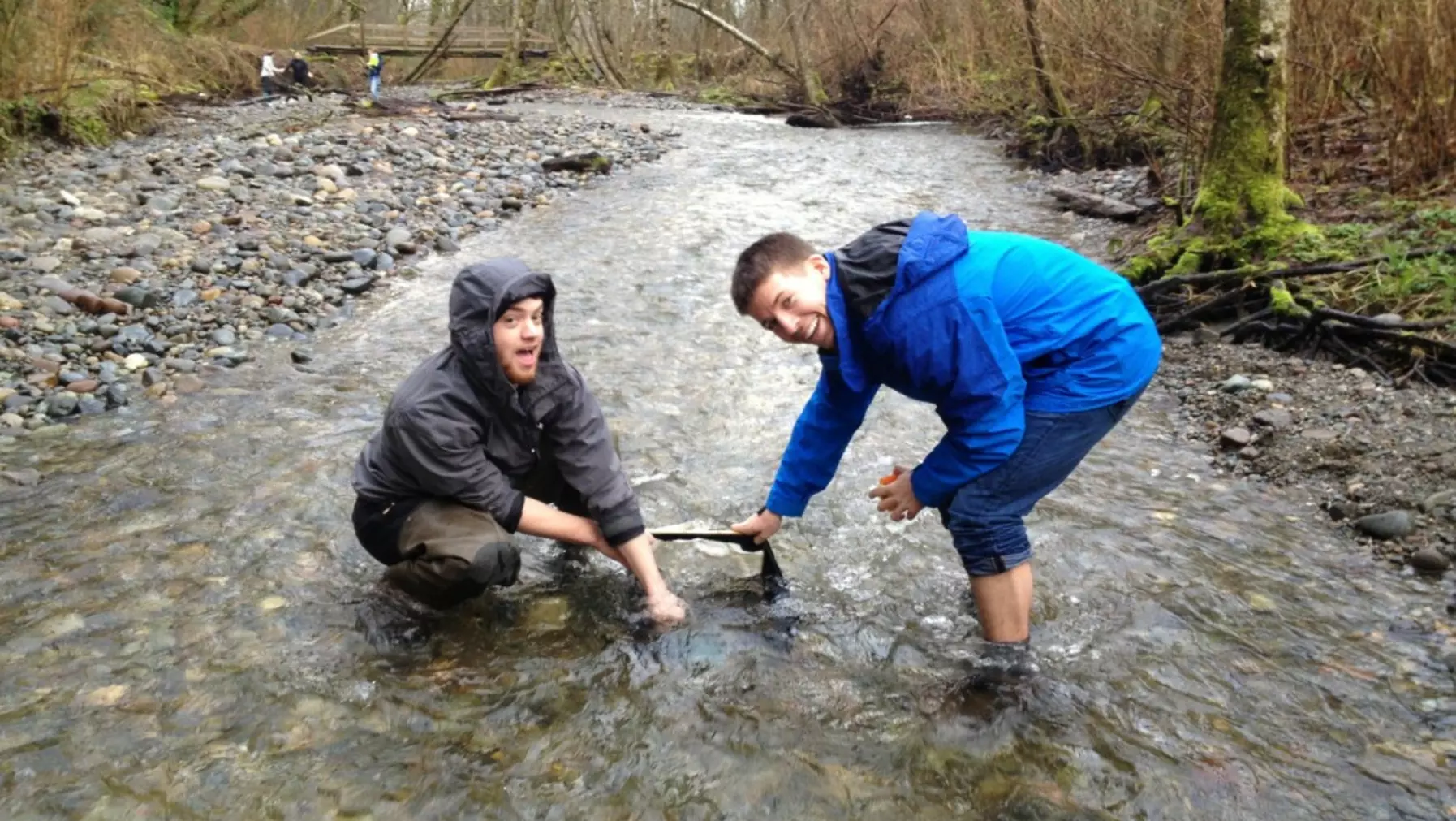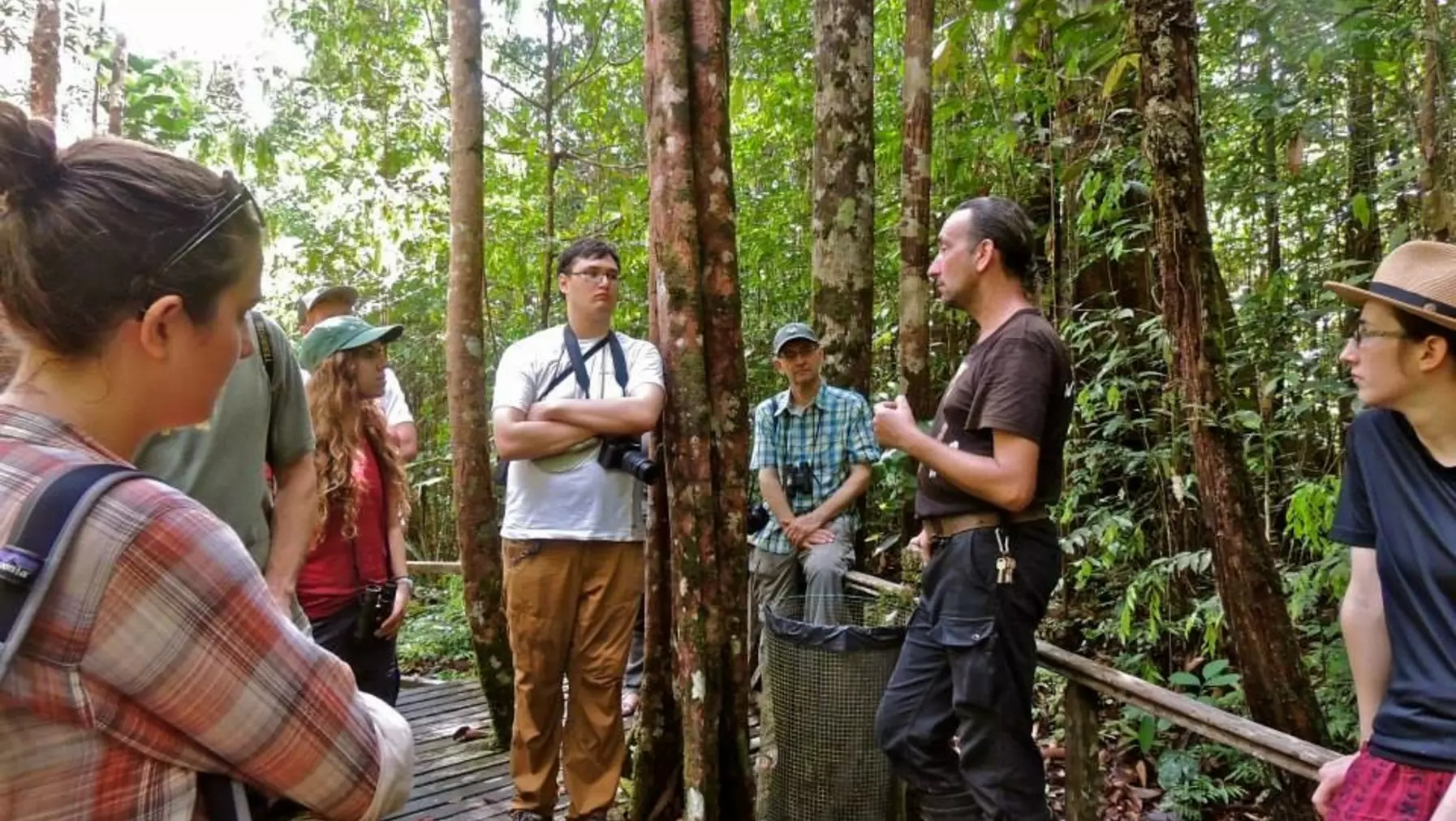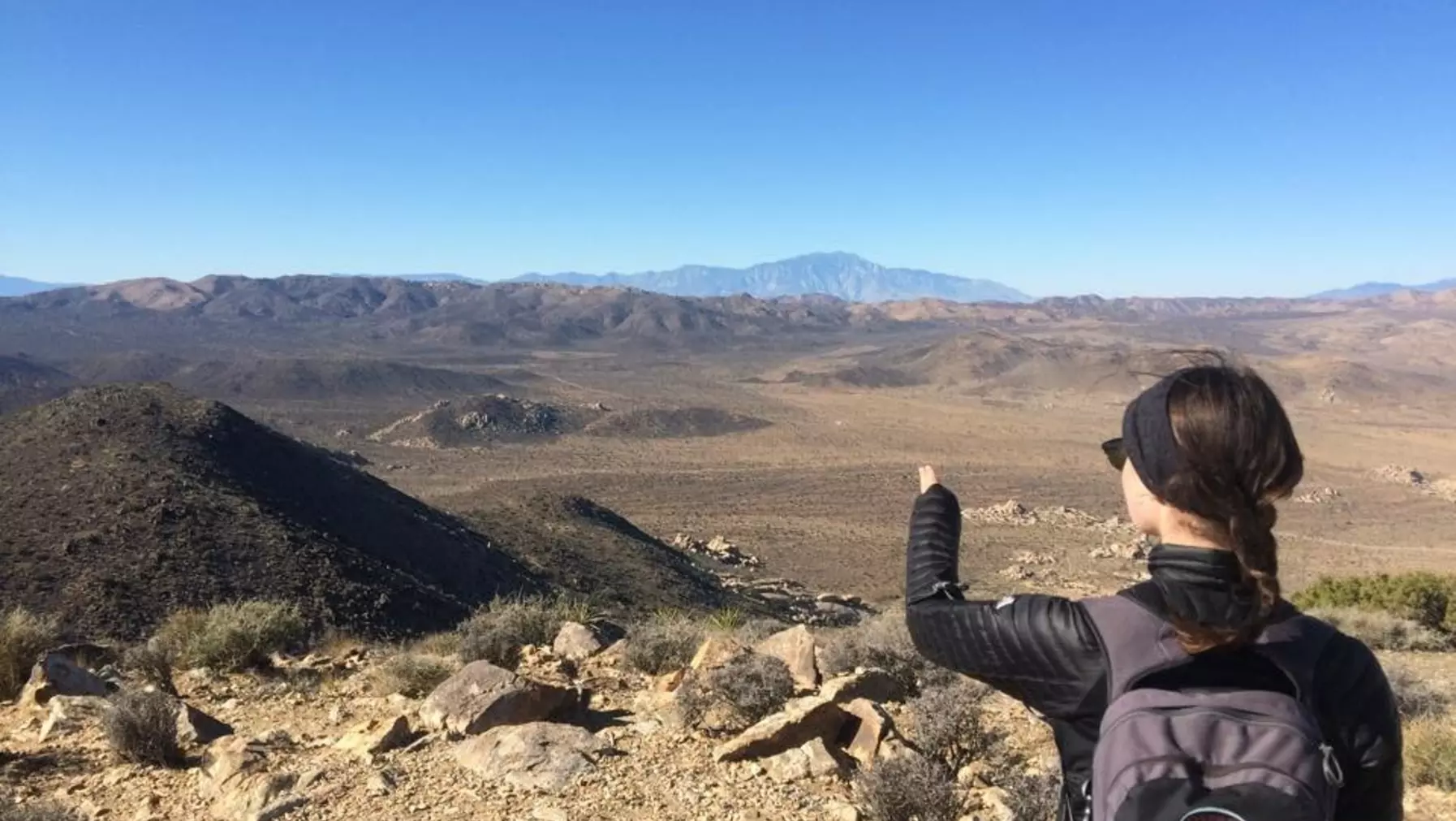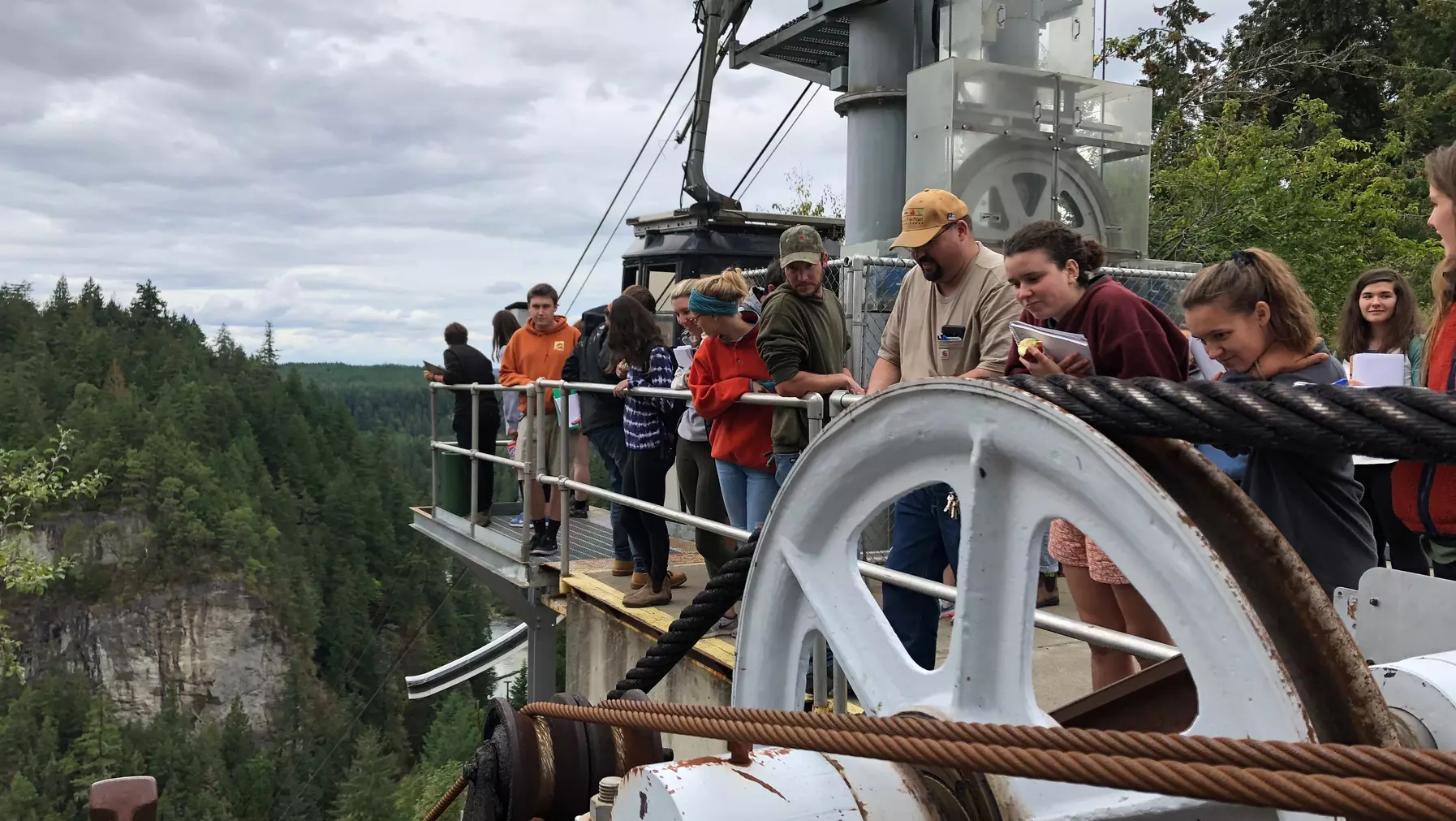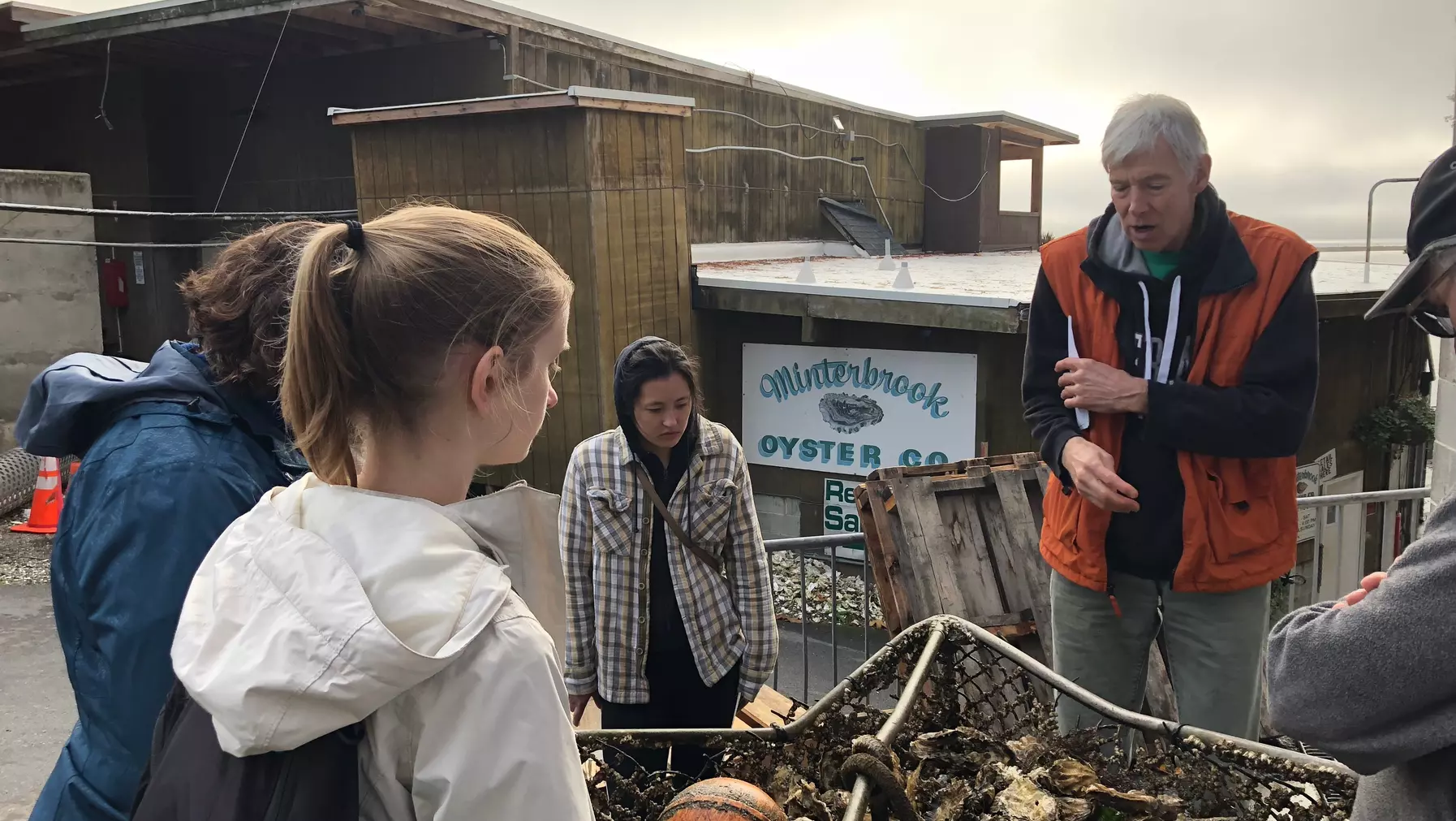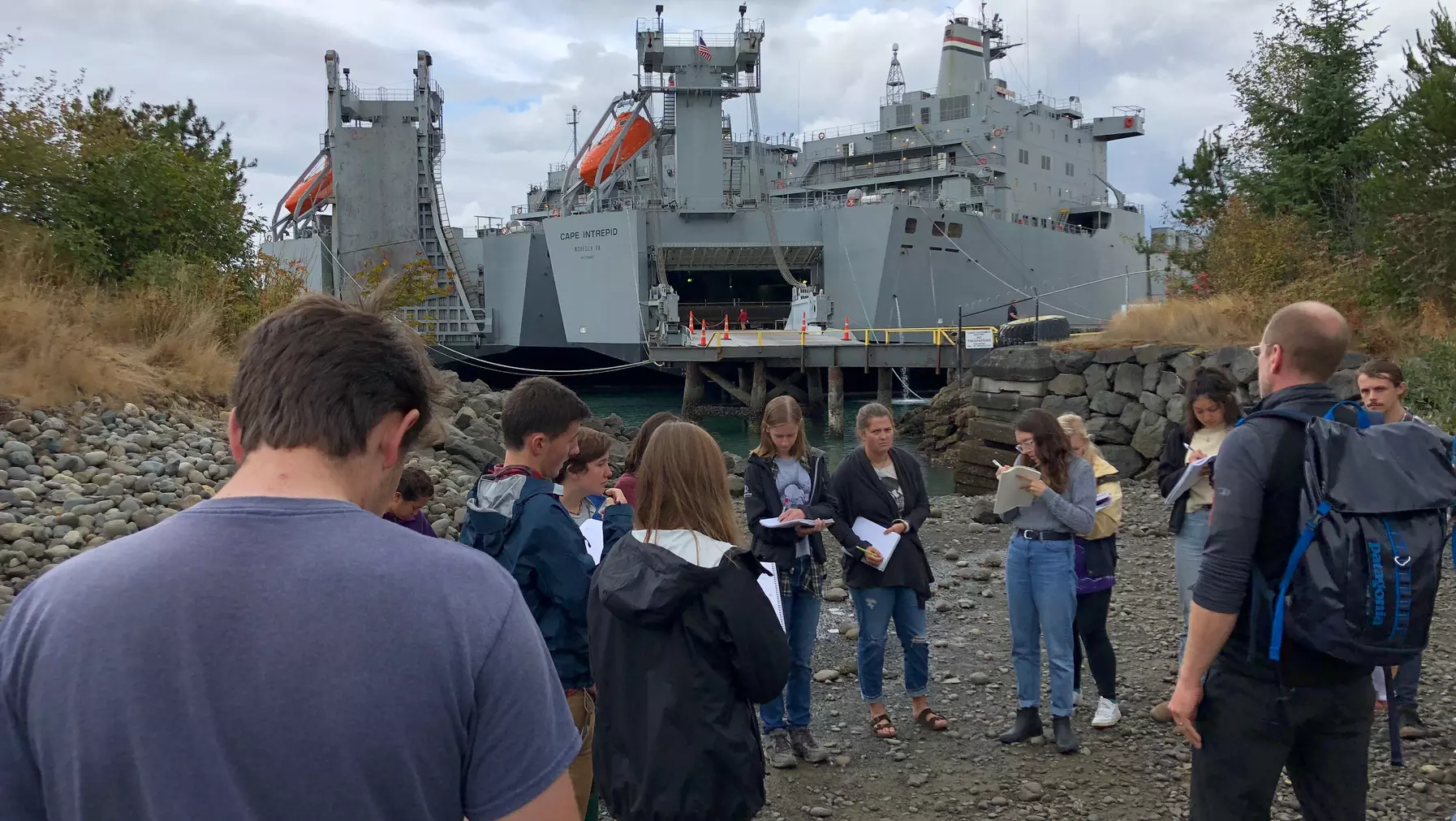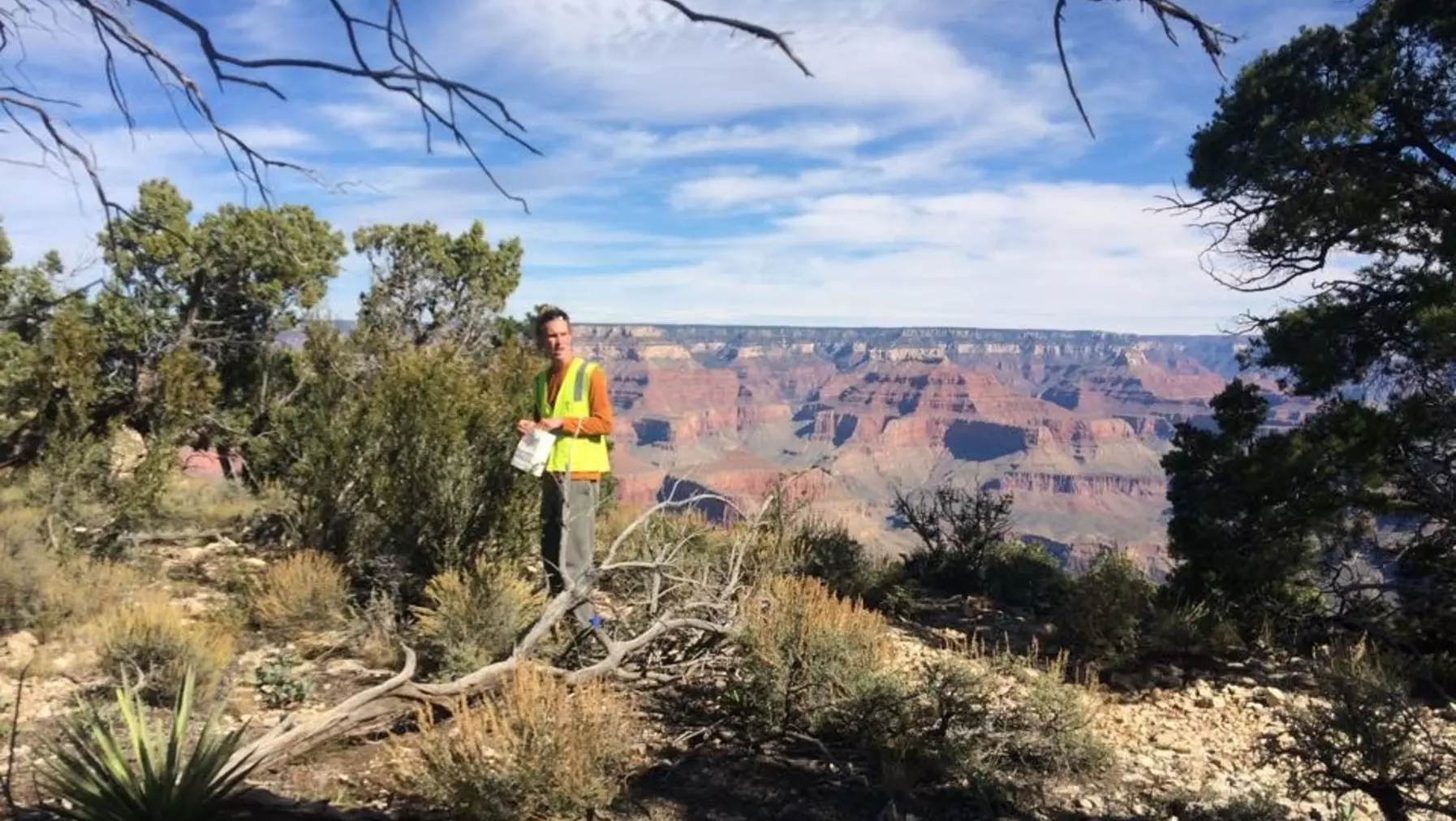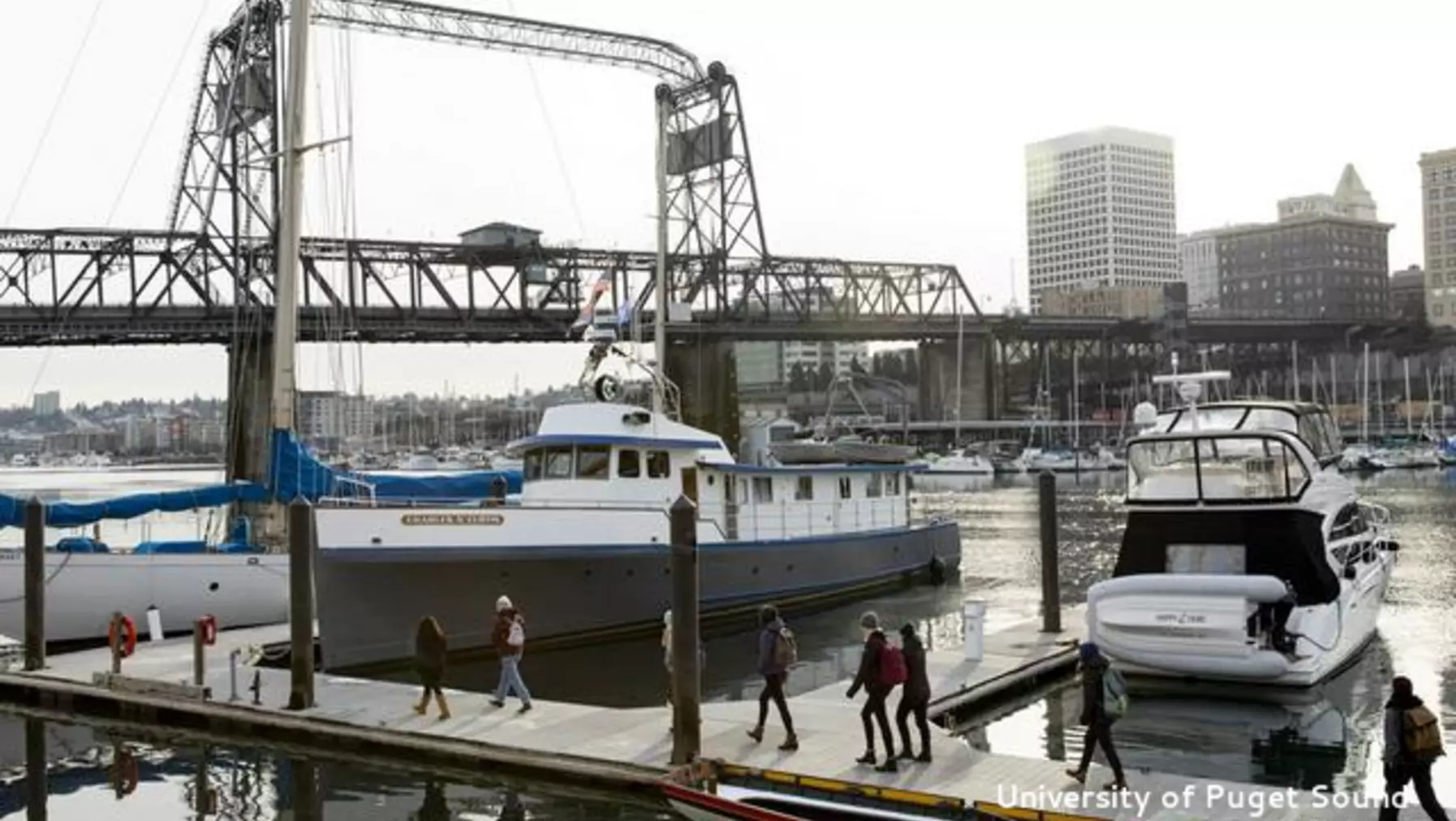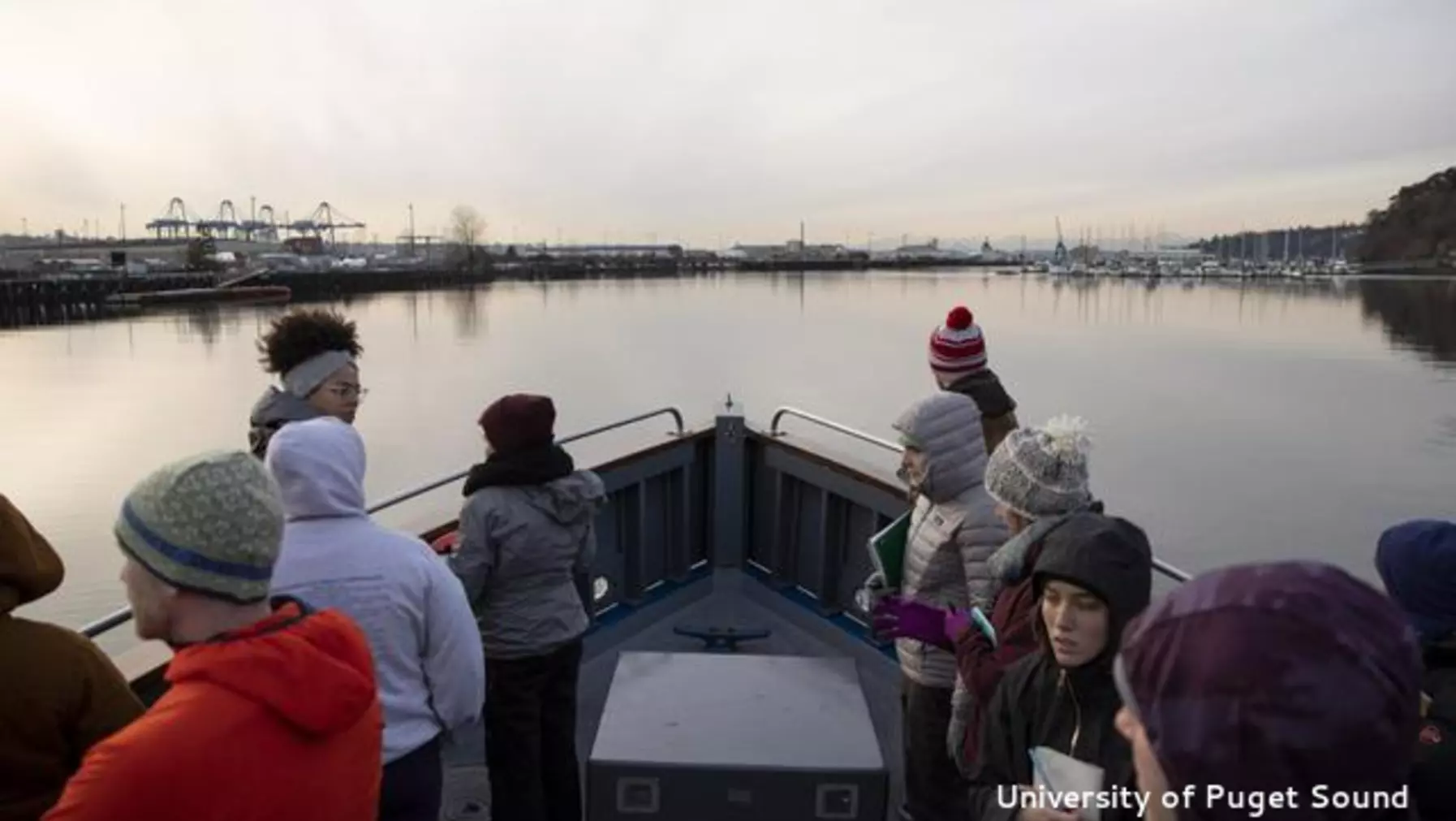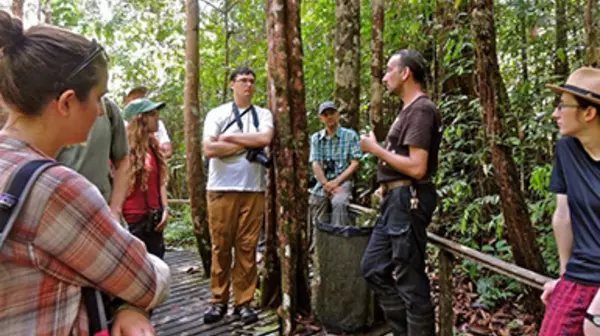WHAT YOU’LL LEARN
- Ways that systems thinking can address environmental problems
- How individual and collective decisions interact with the environment
- Social, political, and economic contexts for decisions on environmental issues
WHO YOU COULD BE
- Fisheries research technician
- Global Ocean Refuge System fellow
- Activist at an environmental NGO
- Researcher, renewable energy
- Environmental compliance expert
- Conservation biologist
OVERVIEW
Environmental issues are, in a word, political. They are strategically defined, managed, promoted, and challenged by a complex and often conflicting array of social factors. How do individual and collective interests affect our behavior toward—and decisions regarding—our environment? What are some of the competing values and visions for the future that might influence environmental policy? Is there a meaningful boundary between human-built environments and those that are "natural”? How do science and values interact to inform our decisions?
The Environmental Policy and Decision Making (EPDM) Program is an interdisciplinary course of study designed to help students examine and understand these factors and engage in purposeful dialogue with lawmakers, scientists, environmentalists, and more to address current and future environmental problems. Topics range from biodiversity, national parks, and ecotourism to population density and industrialization, food systems, and climate change. We are driven by a desire to engage with real-world problems and the practice of solving them—right from your first course, Introduction to the Environment.


